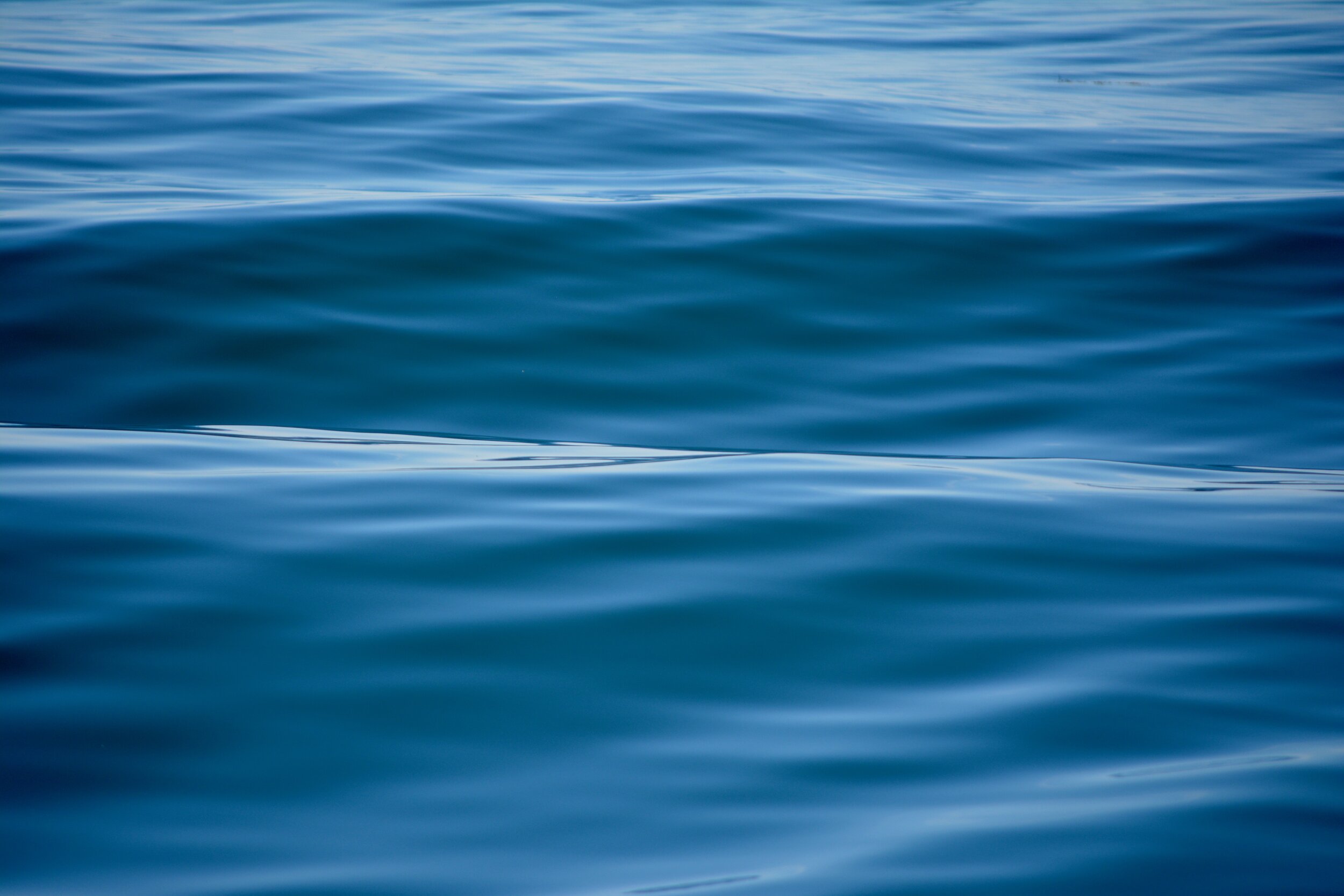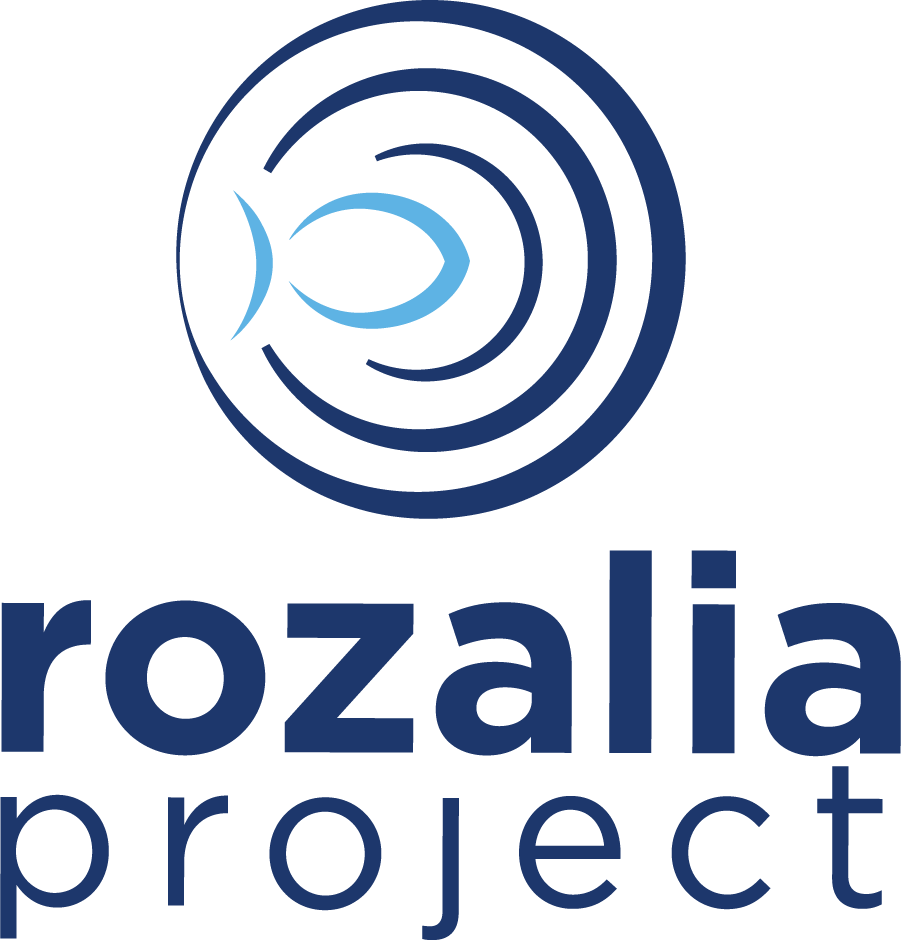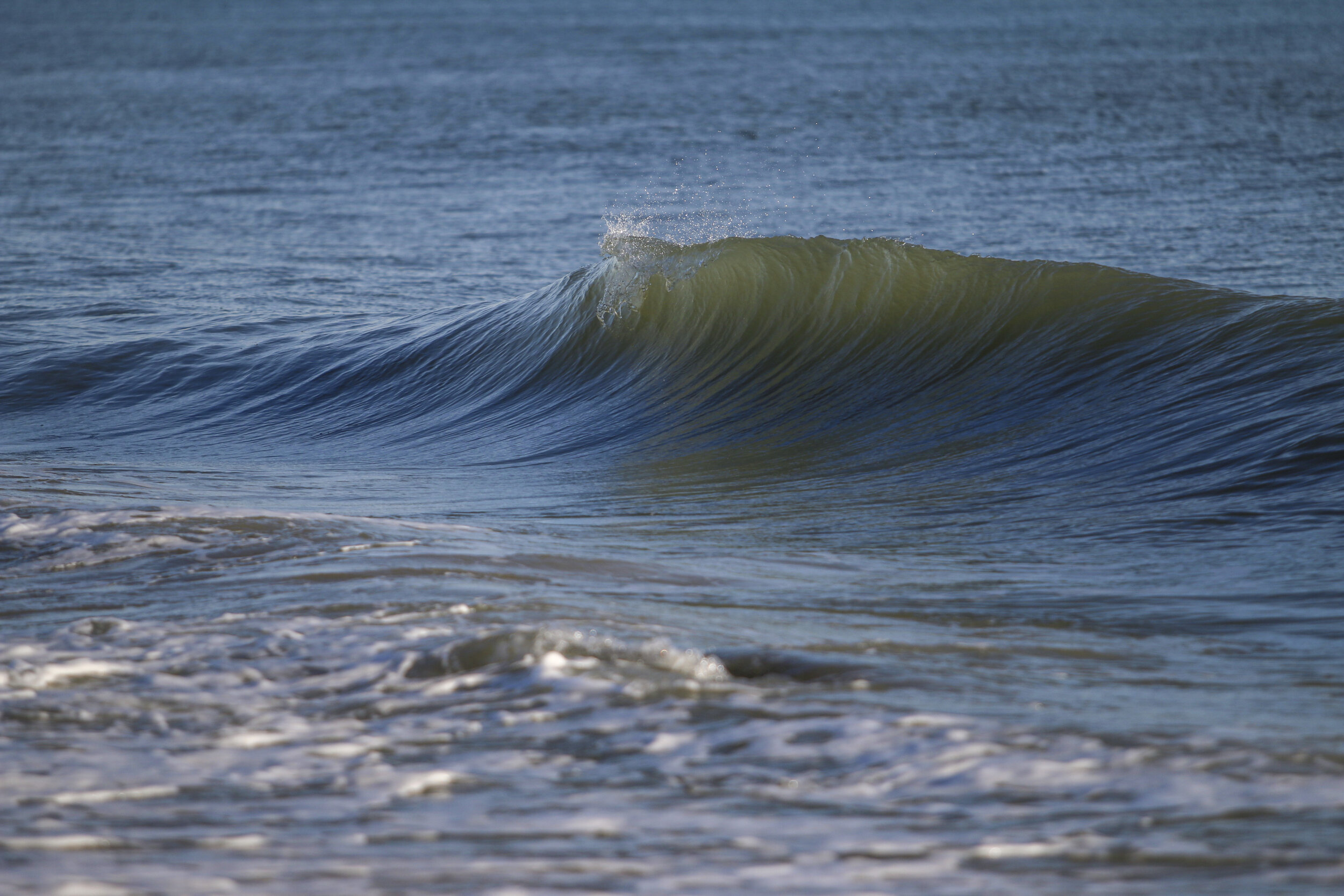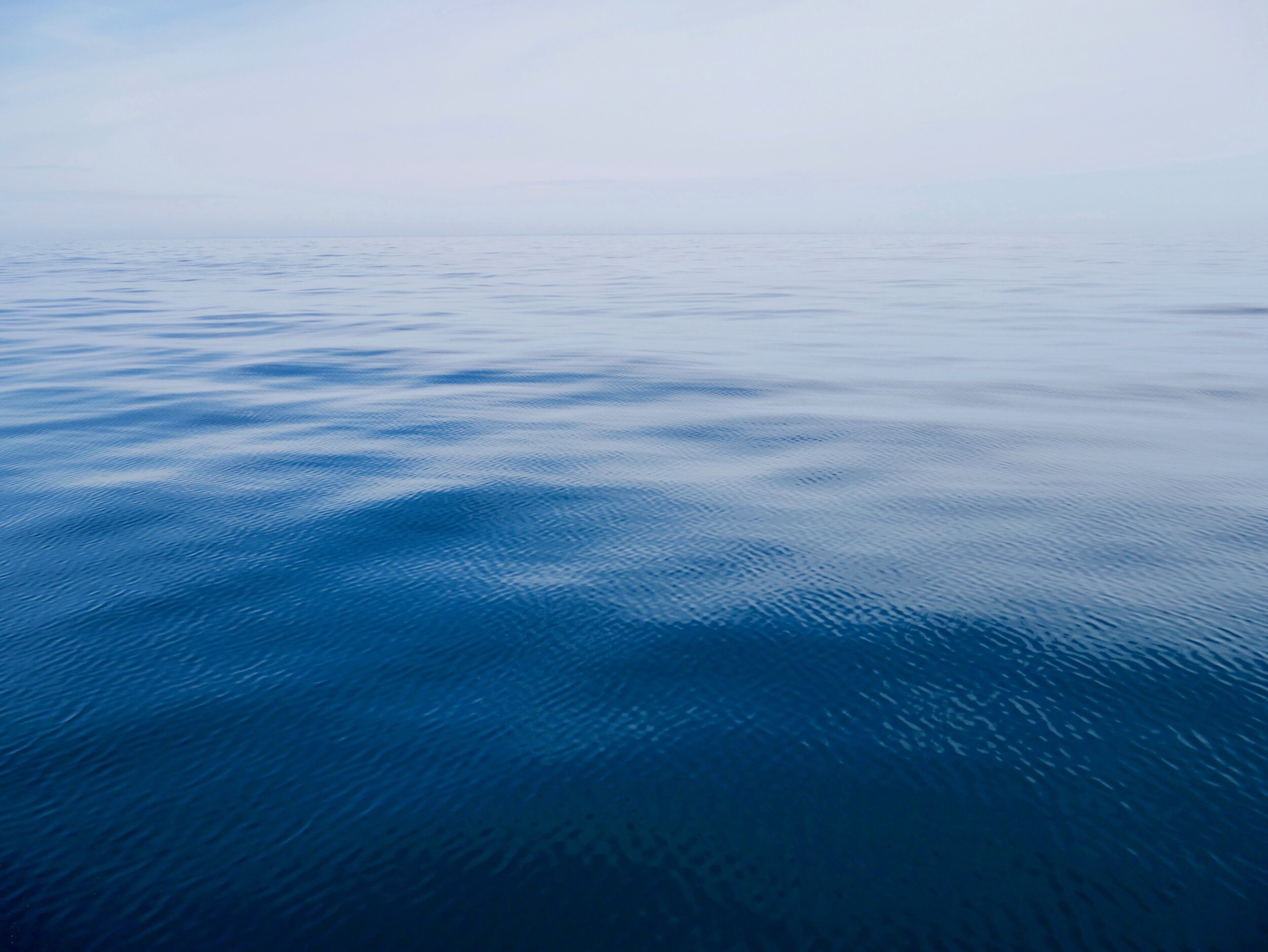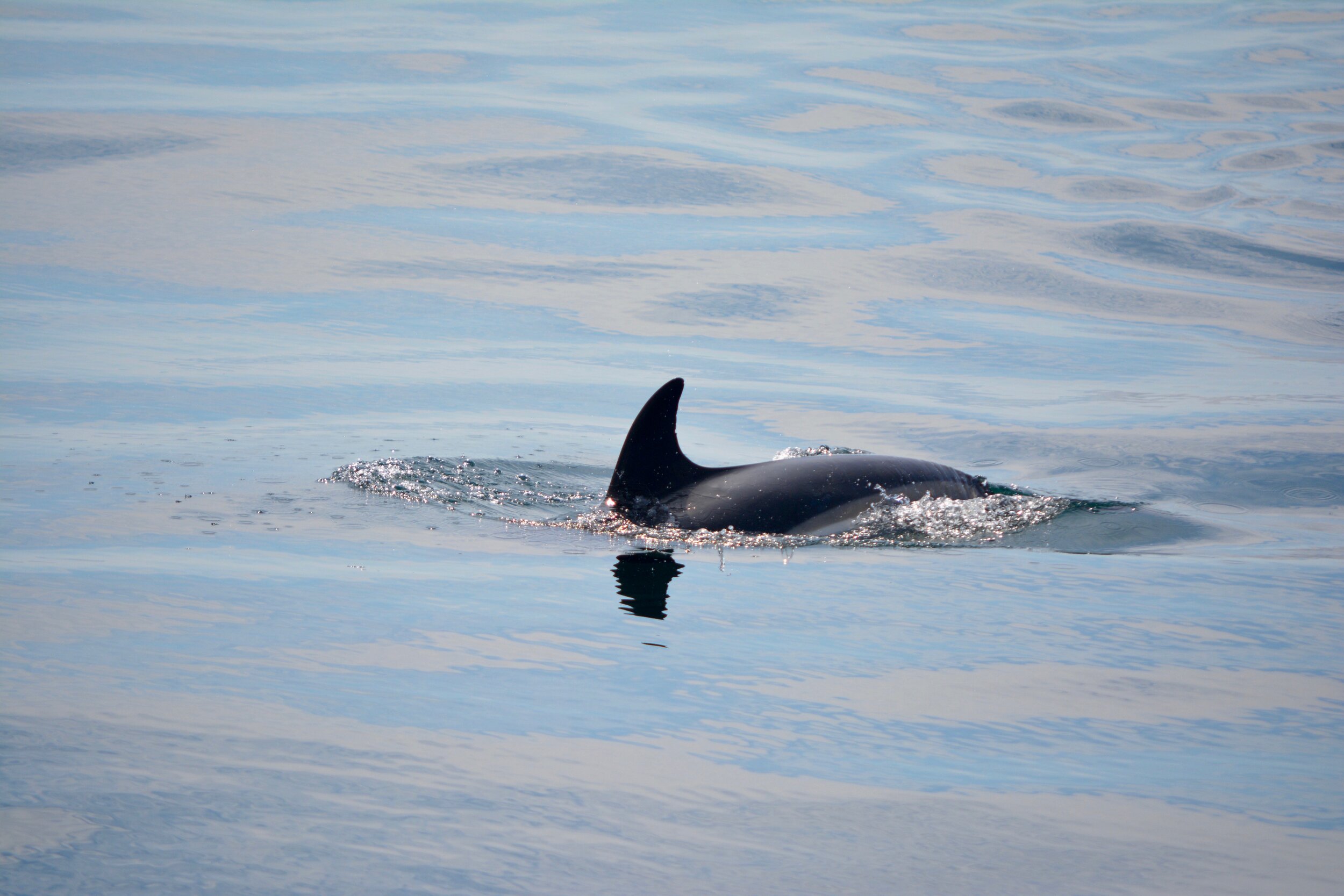
Our mission is to clean and protect our world’s oceans and waterways.
We take a multi-faceted approach to tackling the issue of marine debris
Rozalia Project has been working on the problem of marine debris since our inception in 2010. We work surface to seafloor, with a focus on urban and coastal waterways and utilize multiple strategies: prevention through education, remediation (cleanup), innovation and solutions-based research.
Data Clean-Ups
Cleanups work – we have the evidence. Did you know that picking up just one plastic beverage bottle will keep 55,000 pieces of microplastic from ending up swirling around the ocean? And it only takes a few seconds. Every effort we all make to get marine debris off our shores and out of the water is important.
Education
Knowledge is power! We pride ourselves on educating a wide range of ages on the issues surrounding plastic pollution, while providing solutions to the problem. We offer various educational tools such as lesson plans, in person talks, data collection, and much more.
Solutions Based Research
At Rozalia Project we are always looking for solutions for marine debris pollution. We have conducted research studies in Vermont and the Gulf of Maine to categorize the types of marine debris we encounter. We also analyze how different forms of debris are entering and effecting the environment. Through research we can create solutions and raise awareness based on our findings.
Innovation & Technology
Innovation and technology have played a fundamental role in our organization. From the start, Rozalia Project has focused on the whole water column, surface to seafloor. Whether we are searching for and cleaning up marine debris, or we are investigating the life protected areas support or the destruction caused by bottom trawling, we need to be able to ‘be’ underwater.
-
70% of the oxygen that we breathe comes from marine plants, making the ocean a critical ecosystem to protect. With at least 14 million tons of plastic entering the ocean every year, it’s clear the moment to act is now. We strive to tackle the impacts of marine debris, so that future generations can enjoy a clean ocean.
-
There are places in our oceans that are of vital importance. They are nurseries for fish, feeding and breeding areas for whales, dolphins, sharks and sea turtles. As well as hotbeds for invertebrates and places where kelp forests grow. In order for our ocean to thrive, we need these places to thrive.
-
For us to Thrive, We Need the Ocean to ThriveFor the Ocean to Thrive, We Need its Creatures to Thrive.The only way to say this, is straight up – no ocean, no life. We’re not talking about marine life, but human life. We NEED a clean, healthy and thriving ocean.
